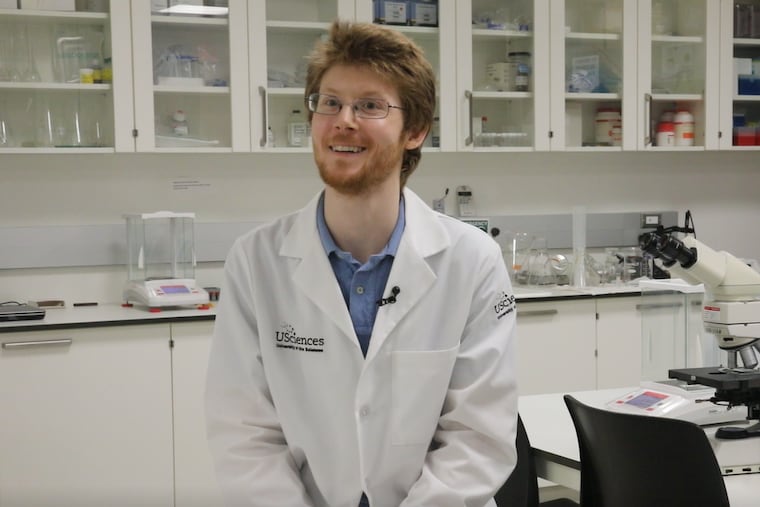Billionaire-backed psychedelic stocks await study for liftoff
It's been a hot area since 2019, when J&J's Spravato, the branded name for esketamine or special K, became the first psychedelic drug to be approved by the FDA. But some enthusiasm may have been hype.

A potential “magic mushroom” cure for depression could give stagnating psychedelic stocks a leg up if the results of a study expected before year end are encouraging.
Two once-hot biotechnology companies backed by billionaires including Peter Thiel and German investor Christian Angermayer have lost momentum in the last few months as the industry awaits the results from the first larger-scale study of psilocybin, the hallucinogenic chemical in psychedelic mushrooms. Atai Life Sciences has tumbled about 22% after hitting a record shortly after its June initial public offering (it closed Tuesday at $17, up $1.48, or 9.54%). Its partner Compass Pathways has fallen 27% from its December record high (it closed Tuesday at $44.86, up $1.80, or 4.18%).
The Compass-sponsored trial is testing three different doses of a psilocybin-based molecule in more than 200 patients around the globe diagnosed with depression that hasn’t responded to conventional therapies.
It’s been a hot area since 2019, when Johnson & Johnson’s Spravato, the branded name for esketamine, became the first psychedelic drug to receive approval from the U.S. Food and Drug Administration. Compass nearly trebled its value in its first three months after going public in September 2020, and smaller Canadian psychedelic stocks also benefited with double- and even triple-digit returns.
But some of those gains were driven by “breathless enthusiasm for single-site trials,” according to Compass co-founder and chief executive officer George Goldsmith.
"Psychedelic medicines have been stigmatized and vilified, mainly for political reasons," said Florian Brand, the chief executive of Atai, which held a 19% stake in Compass as of March. "The true novelty is that we have a compound class that is rapid acting."
Options imply Atai could move 29% in either direction by Dec. 17 while Compass may move 57% over the same time frame.
If the test results are encouraging, companies that specialize in recreational psychedelics, which rallied due to legalization efforts, and those working on therapeutics, could also be bid higher. Some once high-flying stocks and exchange-traded funds tracking the sector have had their wings clipped this year. Defiance Next Gen Altered Experience ETF, which trades under the ticker PSY, has lost roughly 30% since its inception in May. And the Horizons Psychedelic Stock Index ETF has sunk 24% since being launched in January.
Still, Wall Street is almost universally bullish on Compass and Atai. All 11 analysts covering Compass rate it a buy, while 10 of the 11 following Atai have it at buy. The pair are leading a psychedelic medicine revolution, according to Citi analyst Neena Bitritto-Garg, who rates both at outperform.
Of course there are concerns. For instance, legalization efforts for recreational use could also put a damper on the stocks. Though Goldsmith is quick to point out that recreational use is more likely to bring a daytripper to the emergency room rather than finding the psychological resolution sought from a regulated experience.
Insurer reimbursement and administration may be a hurdle, the way it was for J&J's Spravato. Compass is already working with payers to address this concern, according to Goldsmith. But first the company needs to show that its treatment works.
“There’s no magical thinking here,” Goldsmith said. “We need to do the hard work of dose-finding.”